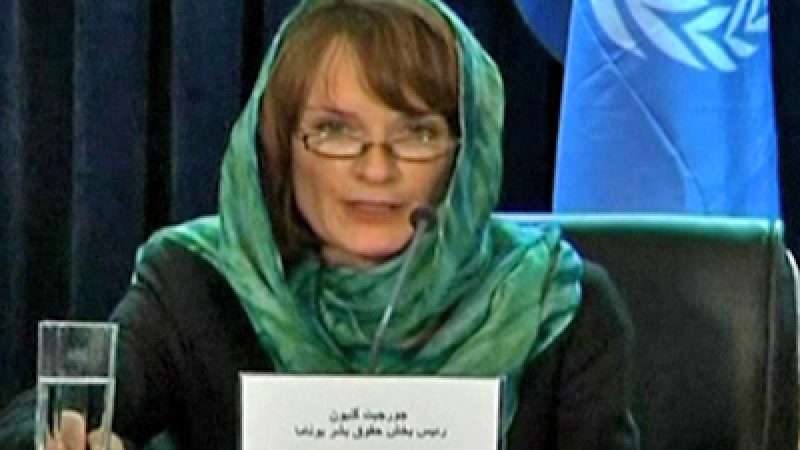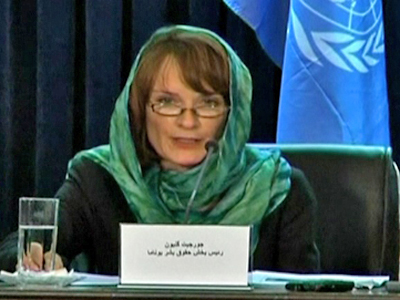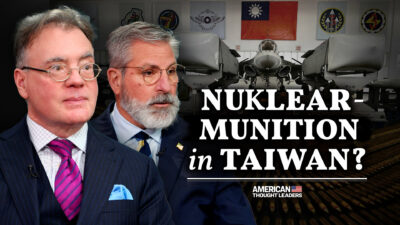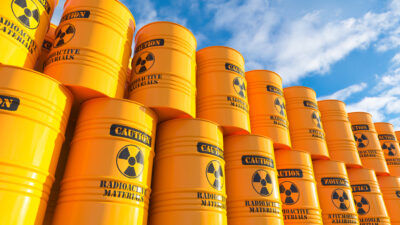
UN Report Reveals Afghan Civilian War Deaths

At a news conference on Thursday, a spokeswoman for the UN Assistance Mission in Afghanistan said the first half of 2011 was the deadliest for civilians since the decade-old war began.
[Georgette Gagnon, UNAMA Director of Human Rights]:
„We at UNAMA documented 1,462 civilian deaths for this period with eighty percent attributed to the anti-government elements, an increase of twenty eight percent in civilian deaths from the same period in 2010.“
The deaths are a result of roadside and suicide bombings, increased ground fighting, and more deadly air strikes.
[Georgette Gagnon, UNAMA Director of Human Rights]:
„As UNAMA documented a few weeks ago May 2011 was the deadliest month for Afghan civilians since 2007.“
Protests in Khost in eastern Afghanistan against a night raid that killed six people underline local anger at civilian casualties caused by the Afghan police, army, and NATO.
[Qari Abdul Wali, Protesting Area Resident]:
„This bombardment which happened in the center of the province killed six civilians and wounded two others including women and children, the casualties are teachers and students of schools, we are protesting here urging the government not do these kinds of raids any more.“
The protesters chant, „Death to America, death to the government!“
The controversial air strikes by NATO-led forces are the leading cause of civilian deaths by pro-government forces, killing 79 people so far this year.
 Foto: NTD
Foto: NTD




























vielen Dank, dass Sie unseren Kommentar-Bereich nutzen.
Bitte verzichten Sie auf Unterstellungen, Schimpfworte, aggressive Formulierungen und Werbe-Links. Solche Kommentare werden wir nicht veröffentlichen. Dies umfasst ebenso abschweifende Kommentare, die keinen konkreten Bezug zum jeweiligen Artikel haben. Viele Kommentare waren bisher schon anregend und auf die Themen bezogen. Wir bitten Sie um eine Qualität, die den Artikeln entspricht, so haben wir alle etwas davon.
Da wir die Verantwortung für jeden veröffentlichten Kommentar tragen, geben wir Kommentare erst nach einer Prüfung frei. Je nach Aufkommen kann es deswegen zu zeitlichen Verzögerungen kommen.
Ihre Epoch Times - Redaktion